(ECNS) -- It has been a year and a half since the Biden administration took office, but China-U.S. relations have yet to bottom out. U.S. Secretary of State Antony Blinken recently summed up "invest, align, compete"in the newly-announced governmental approach to China. So who is undermining the international order? And how should the U.S. find a new path in its China approach?
In the latest W.E. Talk, Dr. Oh Ei Sun, Principal Adviser for Pacific Research Center of Malaysia and Senior Fellow with the Singapore Institute of International Affairs and Prof. Josef Gregory Mahoney, Professor of Politics and International Relations at East China Normal University and Associate Editor of U.S.-based Journal of Chinese Political Science have been invited to discuss with Prof. Chen Dingding, Professor at Jinan University and Founding Director of Intellisia Institute.
Dr. Oh points out that the United States is now caught in a dilemma internationally. It still wants to keep its rights and play a certain role in international orders after withdrawing from international institutions. In that sense, it will not be convincing if the U.S. says it'll continue to maintain the existing international order.
Prof. Mahoney observes that while China's policies maintain continuity and stability, the U.S. foreign policy will be increasingly unstable overtime, which is a continuation of a trend that was already clear during the Trump administration. What's more, the fractures that exist in Europe have not simply disappeared because of what's happening in Ukraine. In addition, the U.S. hasn't been prepared for the chaos caused by the new variant of COVID-19, which would further destabilize the country.
Here's an excerpt of the dialogue:
Chen Dingding: U.S. Secretary of State Antony Blinken's recent China policy speech alleged that China poses "the most serious long-term challenge" to the international order. However, it is widely believed that China has actively defended the multilateral system represented by the United Nations and WTO, and has made increasing contributions to global governance such as in climate issue. In contrast, the U.S. might really seriously undermines the international order by continuously "quitting" multi-lateral mechanisms and adopting unilateral sanctions, putting domestic law above international law. How do you see this issue?
Oh Ei Sun: I think the United States may now be caught in a dilemma internationally. On one hand, it is undeniable that after World War II, the overall international order was mainly formulated and led by the United States. But there seem to be several split driving forces when it’s dealing with international affairs. Sometimes even the White House, the Senate and the House of Representatives may have different opinions. That’s why in the past few decades, the United States has sometimes withdrawn from some international organizations or institutions it founded.
Withdrawal is regarded as an abstention. But the problem is that the U.S. wants to keep its rights after withdrawing from the mechanisms. It still wants to play a certain role in these international orders and institutions.
At the same time, we also see that China is being increasingly active in these institutions, these organizations and those that shape the international orders, etc., which were previously established and led by the United States. Naturally, it will make the United States feel very uncomfortable. At this time, the United States, as an original member, seems to have partly withdrawn from the groups, and it engages in isolationism, going against the overall trend of the WTO. So in that sense, it will not be convincing if the U.S. says it'll continue to maintain the existing international order.
Josef Gregory Mahoney: Previously, even before Trump, the U.S. would only selectively engage and fund its commitments to multi-lateral organizations, claiming that they were too corrupt or inefficient.
So when the U.S. talked about reinvigorating a rule-based order, I'm not quite sure what they're talking about. It's true that Biden has reengaged multilateral organizations after Trump's abandonment. But I think it's also clear that he has no interest in reforming them in ways that make them more equitable in China. Further, he has continued to act unilaterally and continue to build small blocs. Going forward, I think we'll see more of the same.
Chen Dingding: Can the "China Group" created by U.S. State Department effectively cope with the so-called competition and challenges from China?
Josef Gregory Mahoney: In part, the formation of these groups is performative, creating this image that something is being done. Keep in mind, they've already had many different teams related to China. But I think the thing that's most compelling is the report that it will interact with comparable units in the CIA and the Department of Defense. And I think that this is interesting because historically, these three organizations have very different institutional cultures. And historically, certainly before Trump, they had very different positions on China. And I think in some way, this competition in their positions helped balance policy-making towards China. But I think the problem that concerns me now is that the whole of the U.S. administration is suffering from a general group think on China and they may actually compete with each other to see who can be the most aggressive.
Chen Dingding: What do you think of the latest moves on the Taiwan issue by the U.S. side?
Josef Gregory Mahoney: I don't think that Washington particularly cares about Xinjiang or Tibet or Hong Kong or Taiwan. They care about maintaining the hegemony of the U.S. dollar. They care about maintaining some way to keep their economic system afloat after so many years of mismanagement. And the fact that politically they're unable to rectify situations at home. So they're very much dependent on trying to maintain to some extent a status quo. And honestly, I think they're willing to let whoever is necessary burn in order to maintain that key goal.
Chen Dingding: Niall Ferguson, a senior fellow at Stanford University's Hoover Institution, noted that the time has come for the U.S. and China to restart a strategic détente similar to that of the 1970s. What do you think of it?
Oh Ei Sun: The United States is now facing great socio-economic challenges, with high inflation rates, and its economic development may not be as ideal as before. So one of the solutions is to gradually lower these very high tariffs imposed during the Trump administration, especially against China and not only China, so that free trade can flow more smoothly, then the biggest beneficiary would be the United States itself.
I think if there is a new round of détente to resolve these differences, so that everyone can cooperate to a greater extent, then it’s best for us to start with the reduction of tariffs. From the experience of our Southeast Asian countries over the years, once trade relations are intensified, the possibility of conflicts between two countries will be greatly reduced.
So I think that if we do expect such a détente, the United States must take the first step to gradually cut the tariffs that should not be imposed in the first place, at least one by one, or remove them for the best.
Chen Dingding: How do you see the future of China’s development after the 20th CPC National Congress, and what about China's global influence?
Josef Gregory Mahoney: I think that because of the continuity and the stability, China doesn't pursue the same type of foreign policy that the U.S. does. I think that over time, what we're going to see is that the U.S. (foreign policy) is increasingly unstable. This is a continuation of a trend that was already clear during the Trump administration. But the fractures that exist in Europe have not simply disappeared because of what's happening in Ukraine. And in all, the U.S. position and those of its closest allies are in a disposition of significant erosion.
But I don't think the world really perceives the threat that's coming with BA4 and BA5 in extent to which these evade vaccines. In fact, I'm talking to friends in the U.S. who've had Covid now three times and talking to a friend in my hometown who works for a Japanese company, 25% of their employees are out of work because of Covid presently.
Oh Ei Sun: I think what we expect most is probably that China can continue to lead global economic revitalization. Just now we’ve said that the United States seems to be scrambling with its own affairs in economic, trade, and commercial aspects. It’s good enough if it can take good care of its own economic operation. However, the world, especially developing countries, may still need those foreign investments.
Against this background, China recently emphasizes once again that it will carry on initiatives like the Belt and Road. So we hope that after the 20th National Congress of the Communist Party of China, these large-scale initiatives of China can be intensified. And if there are new initiatives that can revitalize the global economy, we will also welcome them.









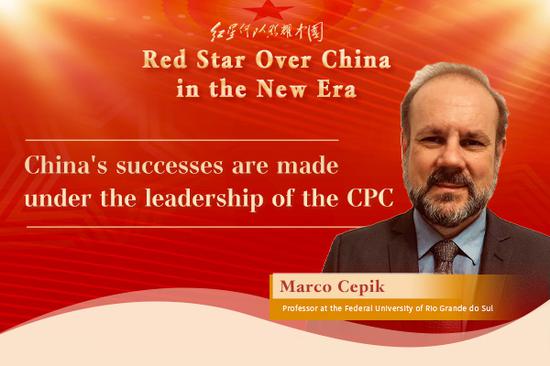
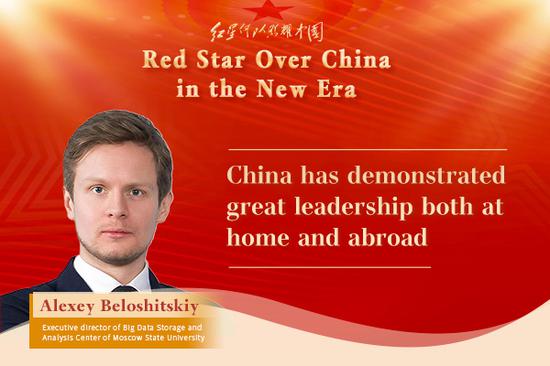
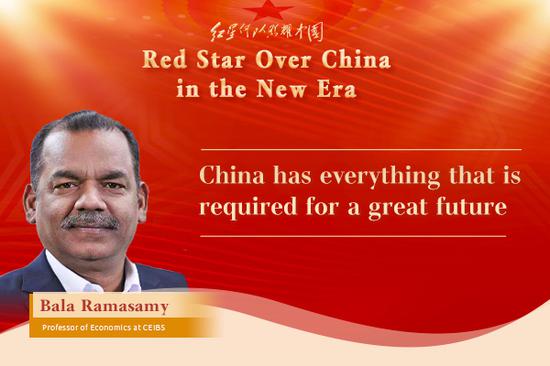
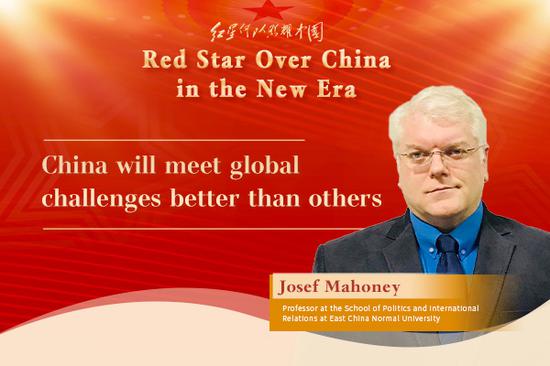
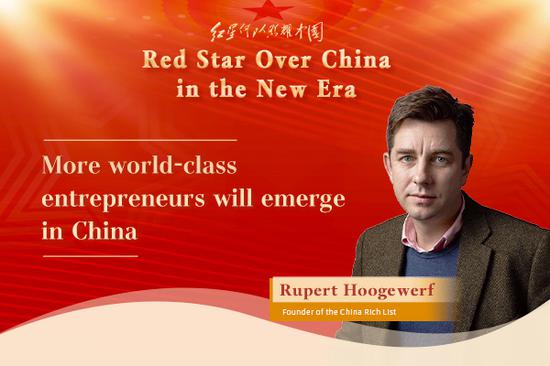
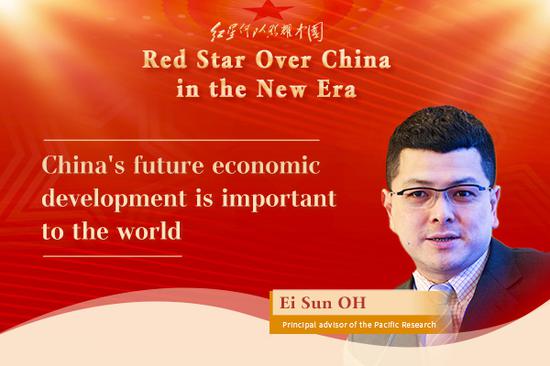
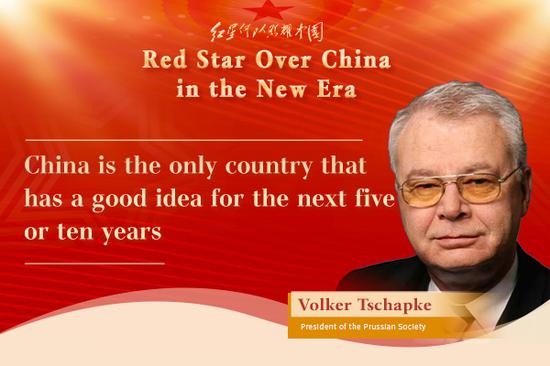
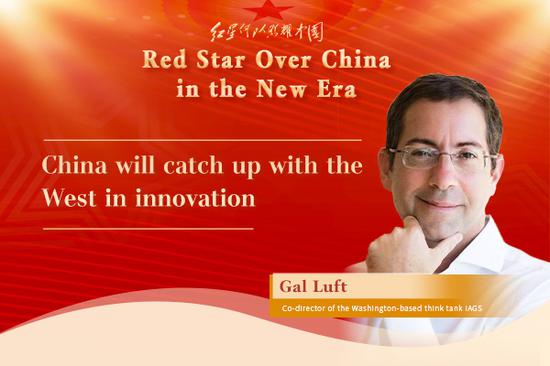
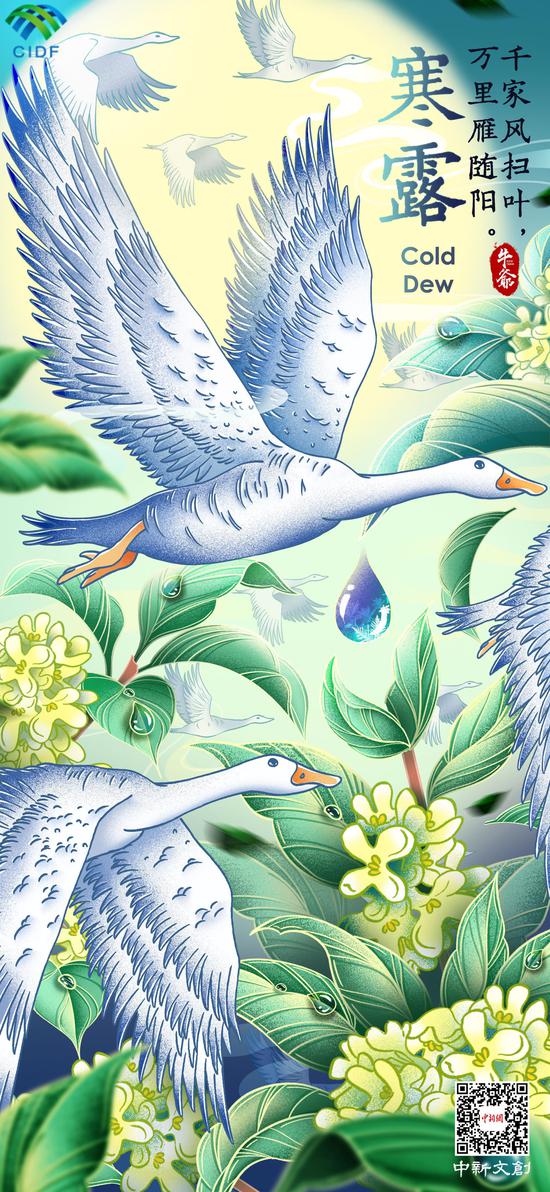




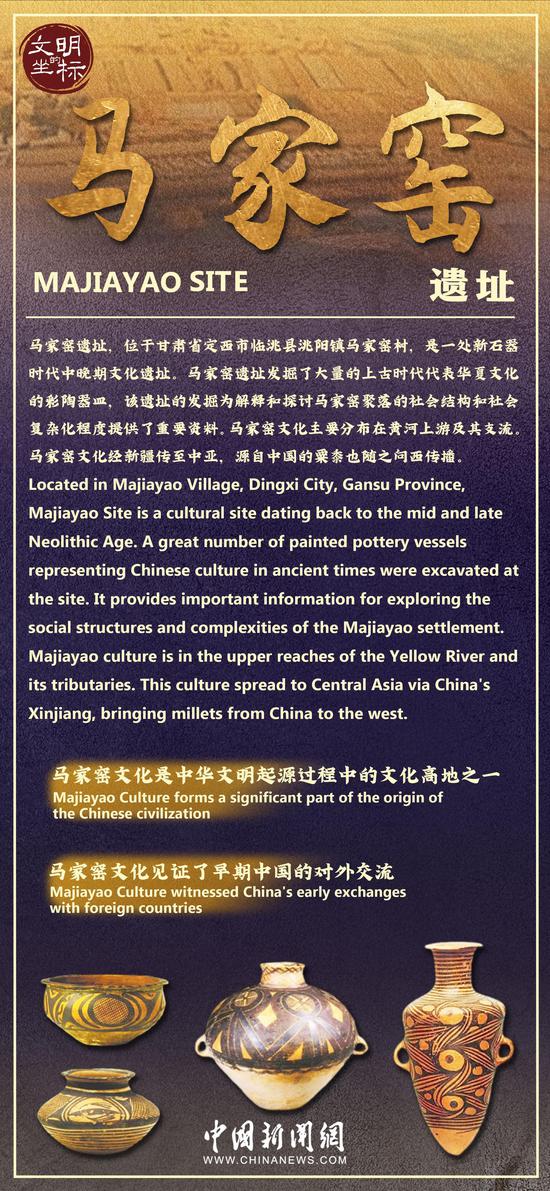
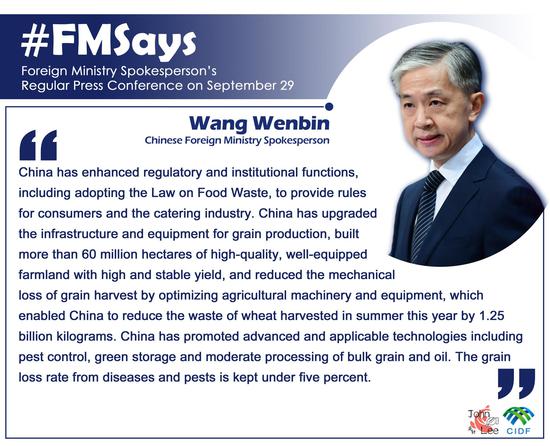
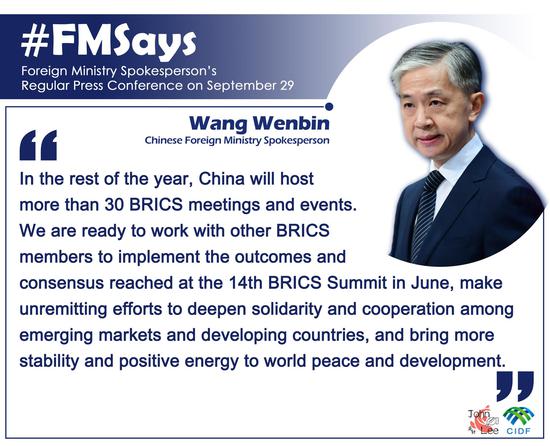

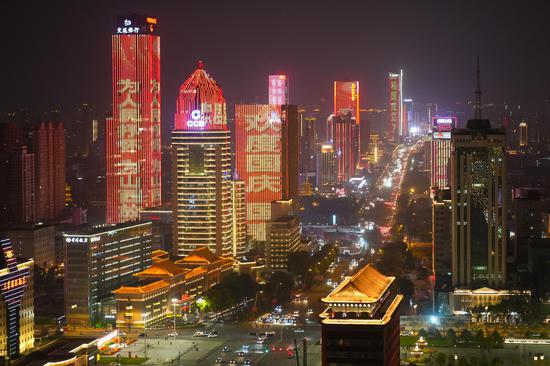

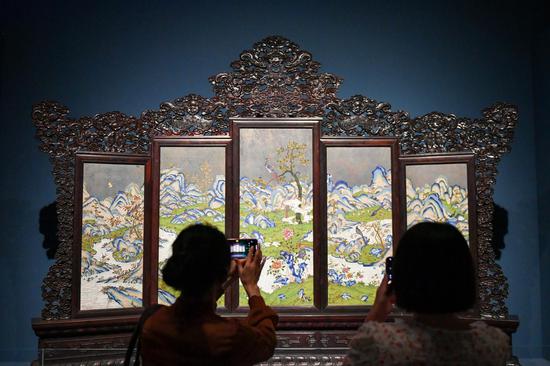

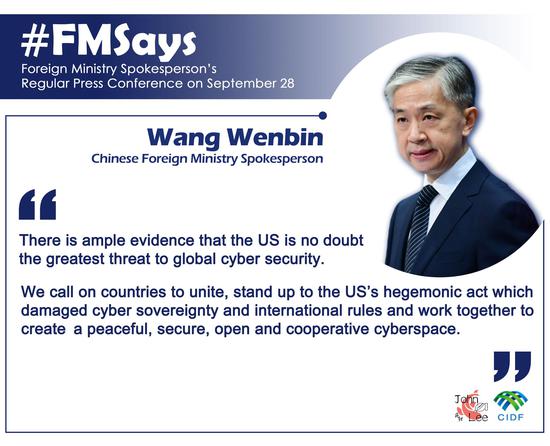
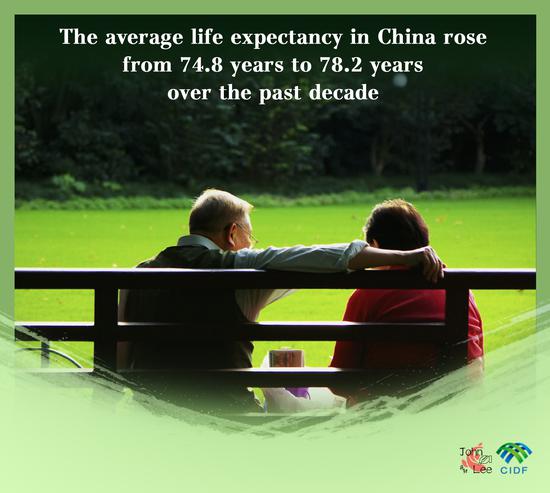



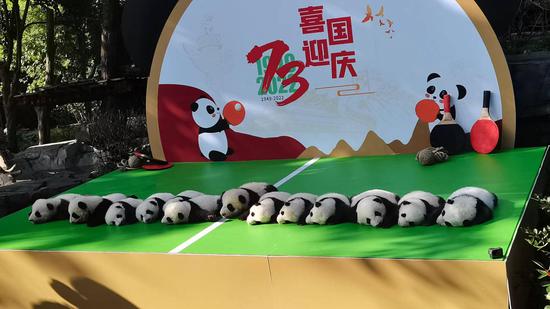

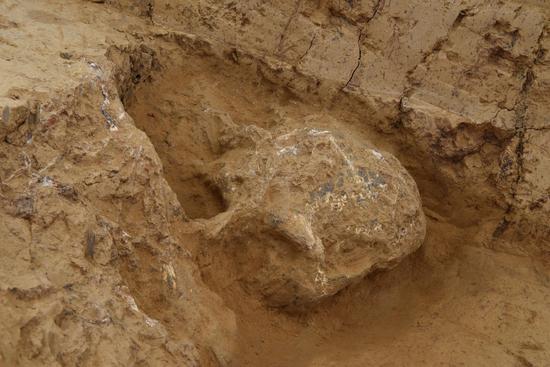
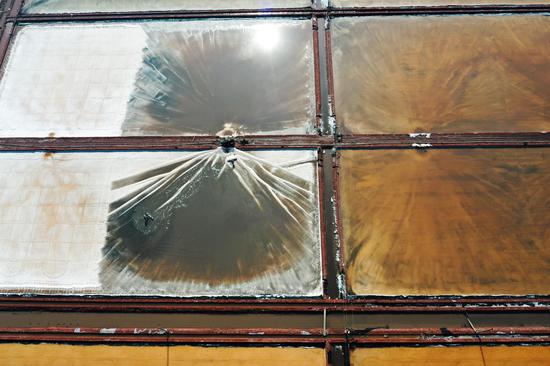
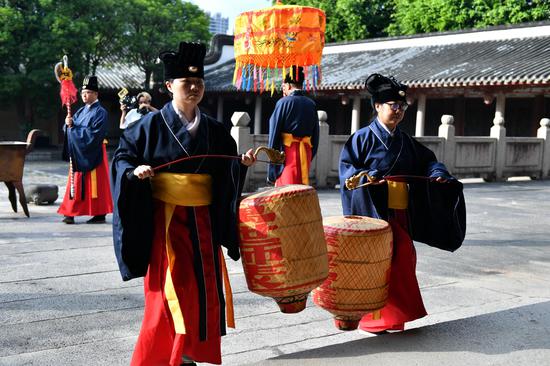

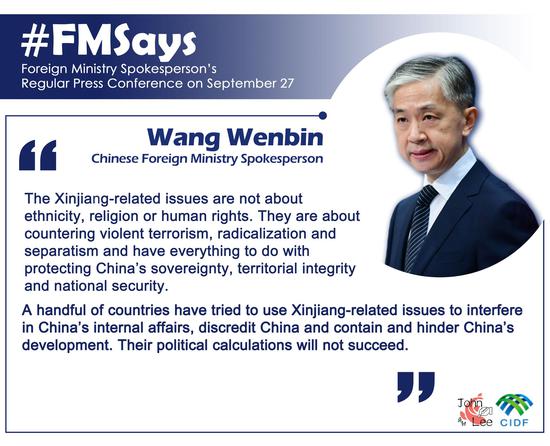
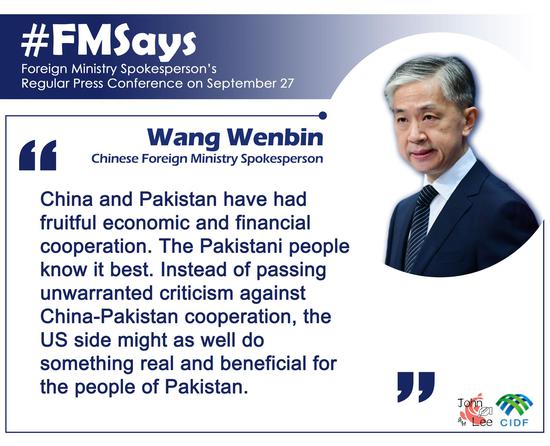

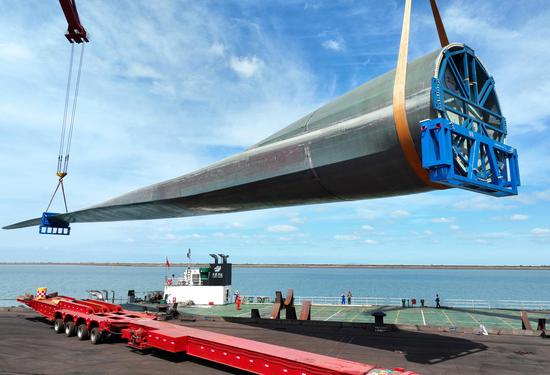





 京公网安备 11010202009201号
京公网安备 11010202009201号